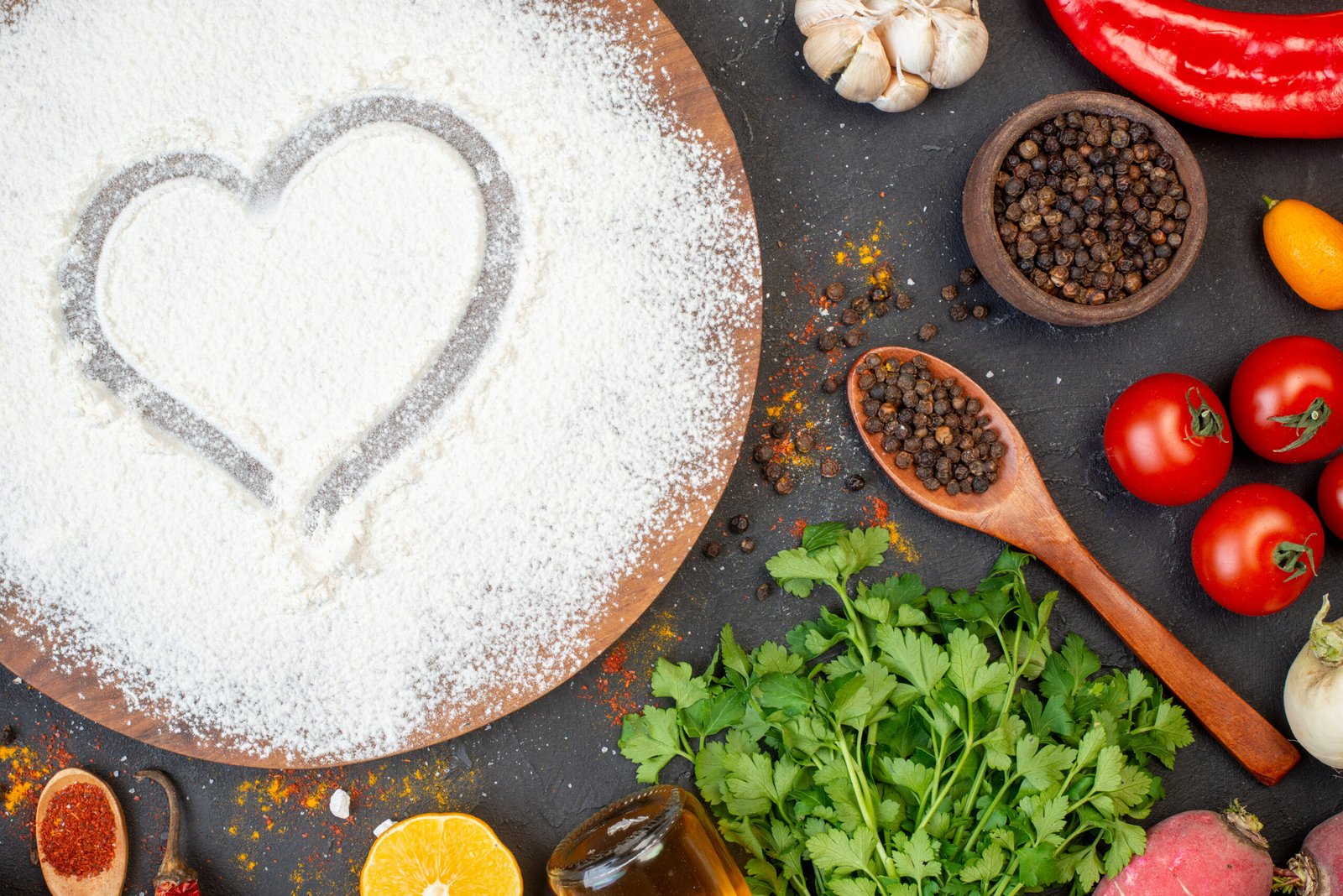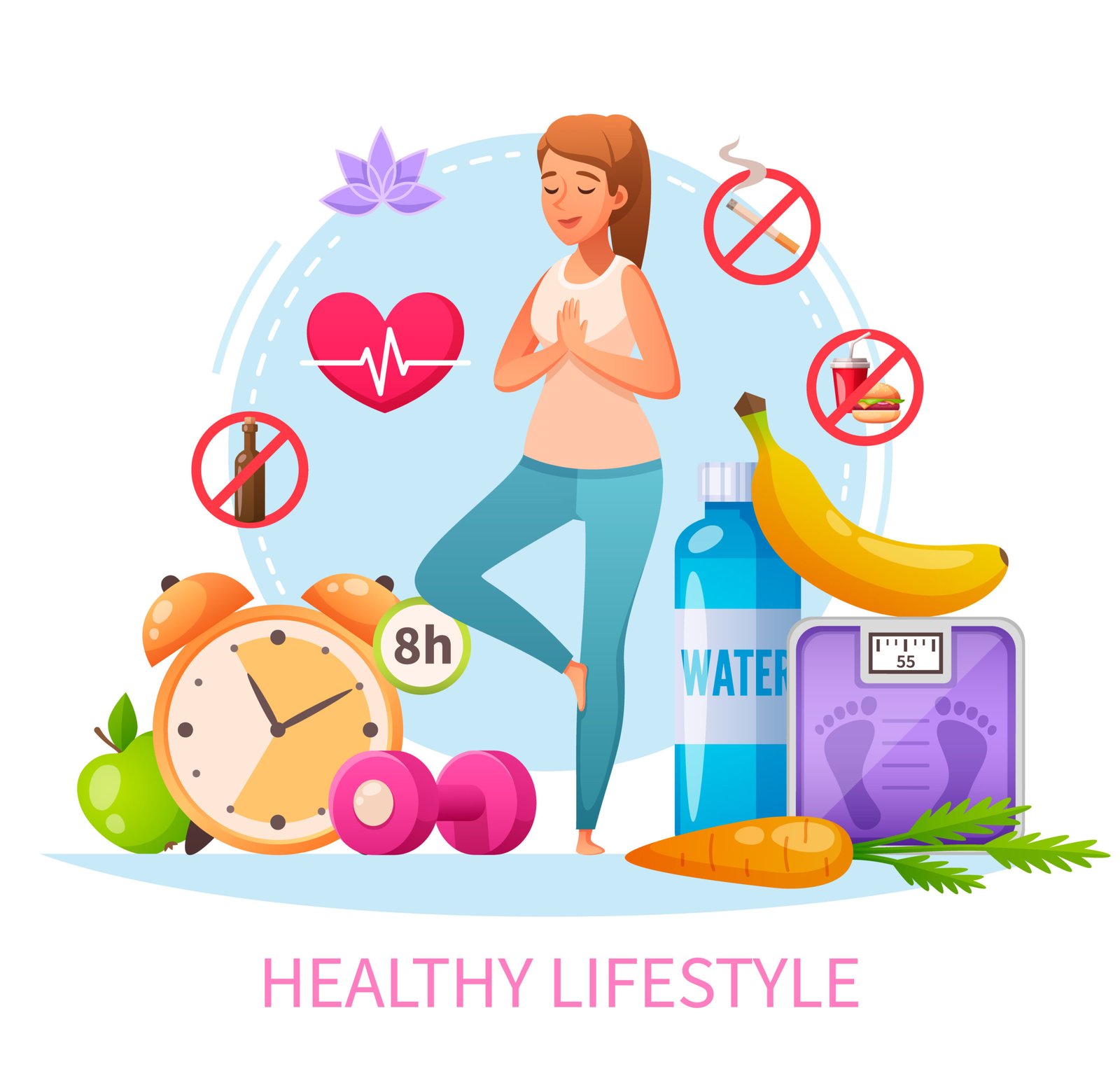
Every year, National Salt Awareness Week highlights the risks of excessive salt consumption and educates people on the importance of a low-sodium diet. Reducing salt intake is vital for maintaining heart health, controlling blood pressure, and preventing chronic diseases.
What Is National Salt Awareness Week?
National Salt Awareness Week is an annual campaign aimed at raising awareness about the impact of high salt intake on health. It encourages individuals to reduce their salt consumption and opt for healthier alternatives to prevent heart disease, stroke, and hypertension.
Why Is Salt a Concern?
Excessive salt intake can lead to:
- High Blood Pressure: Salt increases blood pressure, putting strain on the heart.
- Heart Disease: Long-term salt consumption can lead to heart attacks and strokes.
- Kidney Damage: High sodium levels can impair kidney function.
- Fluid Retention: Excess salt causes the body to retain water, leading to swelling.
How Much Salt Is Too Much?
The recommended daily limit for salt intake is less than 5 grams (1 teaspoon). However, many people consume significantly more due to hidden salt in processed foods, snacks, and restaurant meals.
Tips to Reduce Salt Intake
- Read Food Labels: Check for hidden sodium in packaged foods.
- Cook at Home: Prepare meals with fresh ingredients to control salt levels.
- Use Herbs and Spices: Flavor your meals with garlic, lemon, and herbs instead of salt.
- Limit Processed Foods: Processed snacks, sauces, and ready-to-eat meals often contain high salt levels.
- Choose Low-Sodium Alternatives: Opt for products labeled low-sodium or no added salt.
How to Spot Hidden Salt
Salt can hide under different names, including:
- Sodium chloride
- Baking soda (sodium bicarbonate)
- Monosodium glutamate (MSG)
- Disodium phosphate
- Sodium nitrate
Being aware of these terms can help you make better food choices.
Take Action During National Salt Awareness Week
Reducing salt intake is a simple but powerful way to protect your heart and overall health. During National Salt Awareness Week, take the time to assess your daily salt consumption, read food labels carefully, and choose healthier, low-sodium options.








